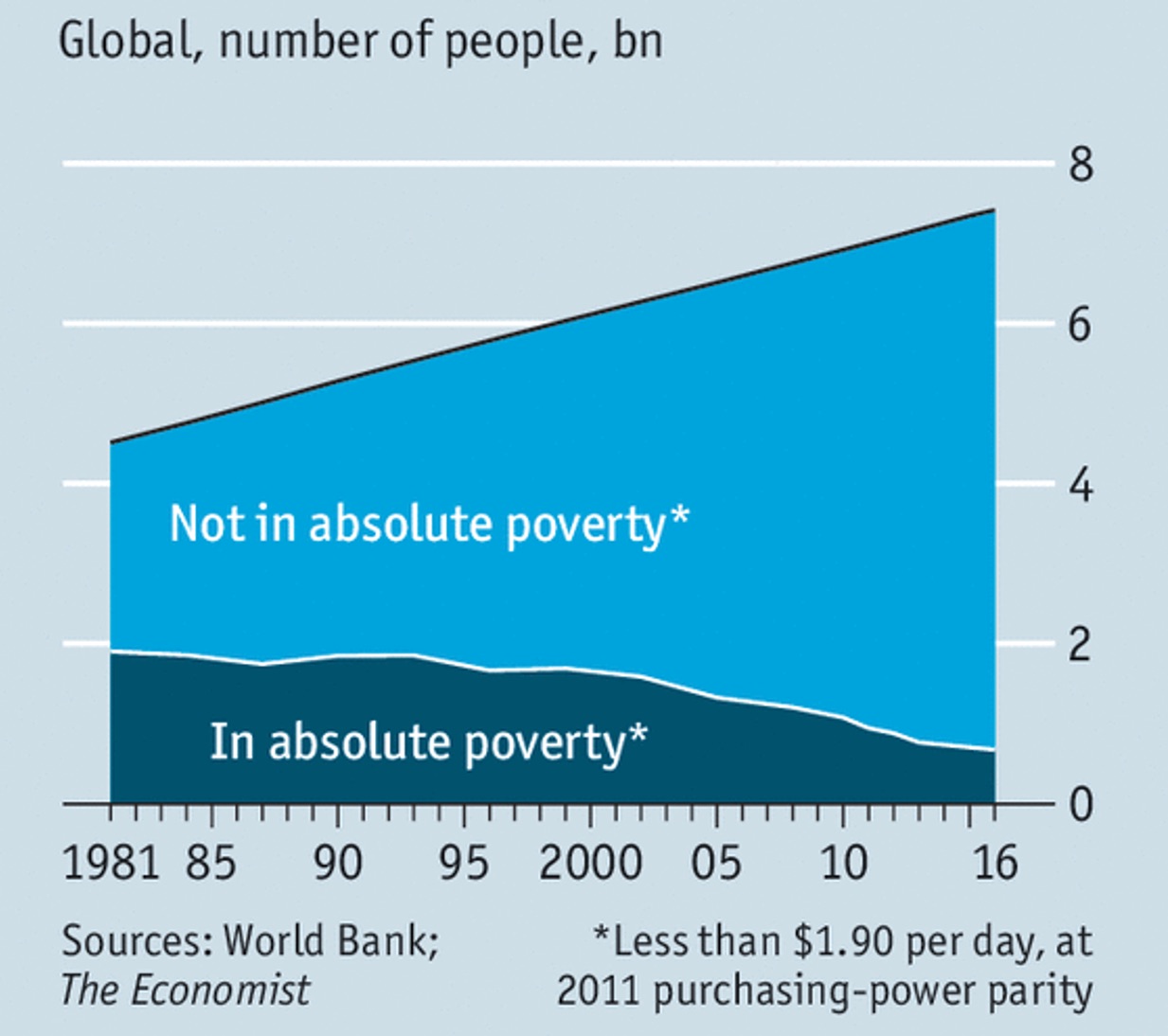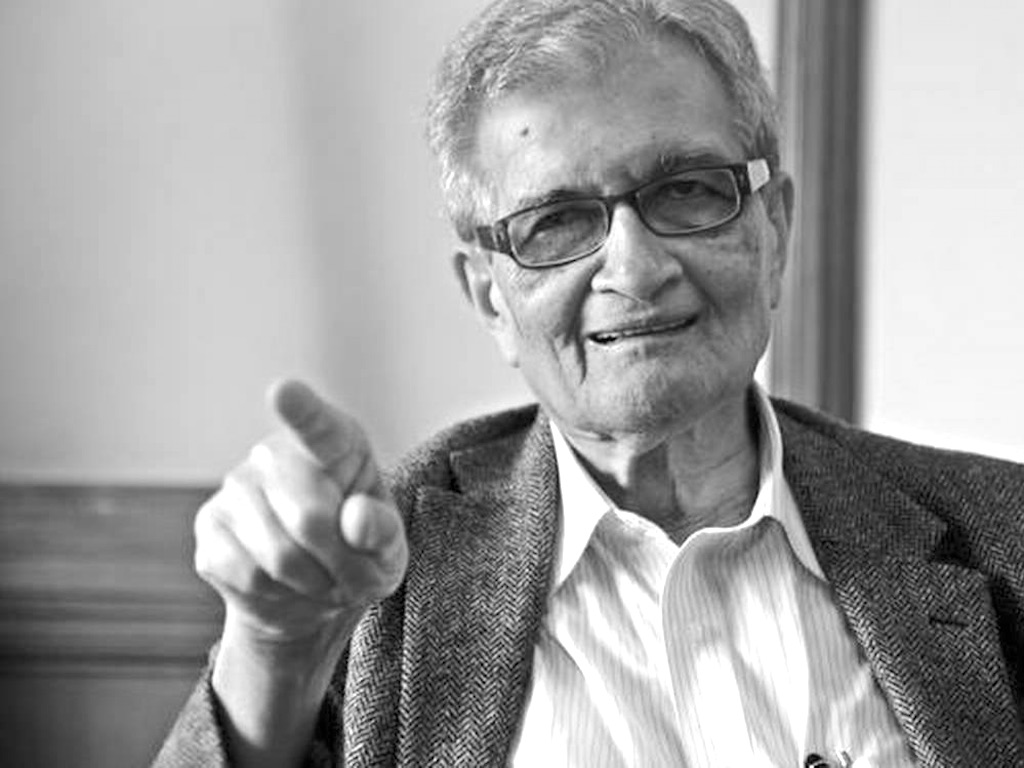Click here and press the right key for the next slide (or swipe left)
also ...
Press the left key to go backwards (or swipe right)
Press n to toggle whether notes are shown (or add '?notes' to the url before the #)
Press m or double tap to slide thumbnails (menu)
Press ? at any time to show the keyboard shortcuts
Are the problems insoluble?
A bank rescue package totalling some £500 billion was announced by the British government on 8 October 2008, as a response to the ongoing global financial crisis.
https://en.wikipedia.org/wiki/2008_United_Kingdom_bank_rescue_package
UK GDP in 2008: roughly £1600 billion.

https://www.economist.com/international/2017/03/30/the-world-has-made-great-progress-in-eradicating-extreme-poverty
Affluent individuals and countries should eradicate poverty because
... they are responsible for the harms it causes (Pogge).
vs
... they have a moral obligation to help (Patten).

‘To count people as moral equals is to treat nationality, ethnicity, religion, class, race and gender and ‘morally irrelevant’---as irrelevant to that equal standing.
Old Question (Bad)
Is nationality a ‘morally irrelevant characteristic’?
New Question (Better)
Is nationality morally irrelevant to how people of different nationalities should be treated or valued?

‘Henry Sidgwick took the contrast between [...] two perspectives to be so serious as to threaten any coherent view of ethics.
On one hand, he held as the fundamental principle of ethics “that another’s greater good is to be preferred to one’s own lesser good.” According to this principle, any sacrifice on one’s own part would be called for, so long as it could achieve a greater good for others, no matter where they lived.
On the other hand, Sidgwick also accepted what he called the common-sense view that our obligations to help others differ depending on the relationships in which we stand to them---relationships of family member, friend, neighbor, and fellow citizen.’
Bok 1996, p. 40

‘our common humanity has perspicuous moral relevance’
‘one’s fundamental allegiance is to humanity at large’
The primary thing is to ‘bring everyone into the domain of concern, without eliminating anyone’
After that, we may find reason to give ‘additional weight to the interests of those who are linked to us in some significant way’
Sen, 1996 p. 114

‘Henry Sidgwick took the contrast between [...] two perspectives to be so serious as to threaten any coherent view of ethics.
On one hand, he held as the fundamental principle of ethics “that another’s greater good is to be preferred to one’s own lesser good.” According to this principle, any sacrifice on one’s own part would be called for, so long as it could achieve a greater good for others, no matter where they lived.
On the other hand, Sidgwick also accepted what he called the common-sense view that our obligations to help others differ depending on the relationships in which we stand to them---relationships of family member, friend, neighbor, and fellow citizen.’
Bok 1996, p. 40
How is Sen’s point
about bringing everyone into the domain of concern
relevant to Pogge
on responsibility for poverty-caused harms?

‘To count people as moral equals is to treat nationality, ethnicity, religion, class, race and gender and ‘morally irrelevant’---as irrelevant to that equal standing.

We should ‘bring everyone into the domain of concern, without eliminating anyone’
Sen, 1996 p. 114

conclusion
1. Distinguish nations from states.
2. State membership is (arguably) morally relevant to how someone is treated or valued.
3. But what matters is whether we ‘bring everyone into the domain of concern, without eliminating anyone’ (Sen).
4. Pogge’s argument depends on no stronger assumptions about states.
open day

This man is about to step out in front of a bus.
This man is Ben.
Therefore:
Ben is about to step out in front of a bus.
Andrea is in her office speaking on the telephone to her friend Ben. As she looks out of the window, Andrea notices a man on the street below using his mobile phone. He’s not looking where he’s going; he’s about to step out in front of a bus. Andrea does not realise that this man is Ben, the friend she is speaking to. She bangs the window and waves frantically in an attempt to warn the man, but says nothing into the phone.
adapted from Richard, 1983 p. 439
‘Identity is utterly simple and unproblematic.
Everything is identical to itself; nothing is ever identical to anything else except itself.
There is never any problem about what makes something identical to itself; nothing can ever fail to be.
And there is never any problem about what makes two things identical; two things never can be identical.’
Lewis, 1989 pp. 192--3
‘Identity gives rise to challenging questions which are not altogether easy to answer.’
Frege, 1948 p. 209
What doesn’t Andrea realise?
That this man is Ben.
‘This man is Ben’ expresses a fact about numerical identity.

conclusion
Apparently inconsistent triad:
Andrea’s action hinges on her not knowing and understanding that ‘This man is Ben’ is true.
‘This man is Ben’ expresses a fact about numerical identity.
Identity is utterly simple and unproblematic.